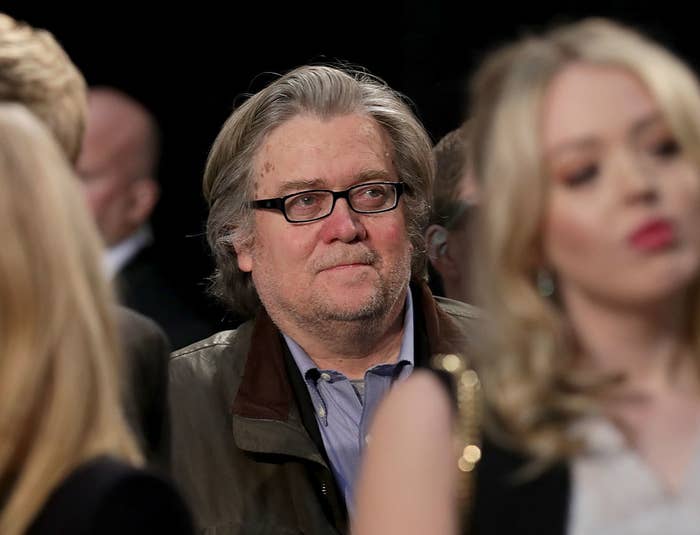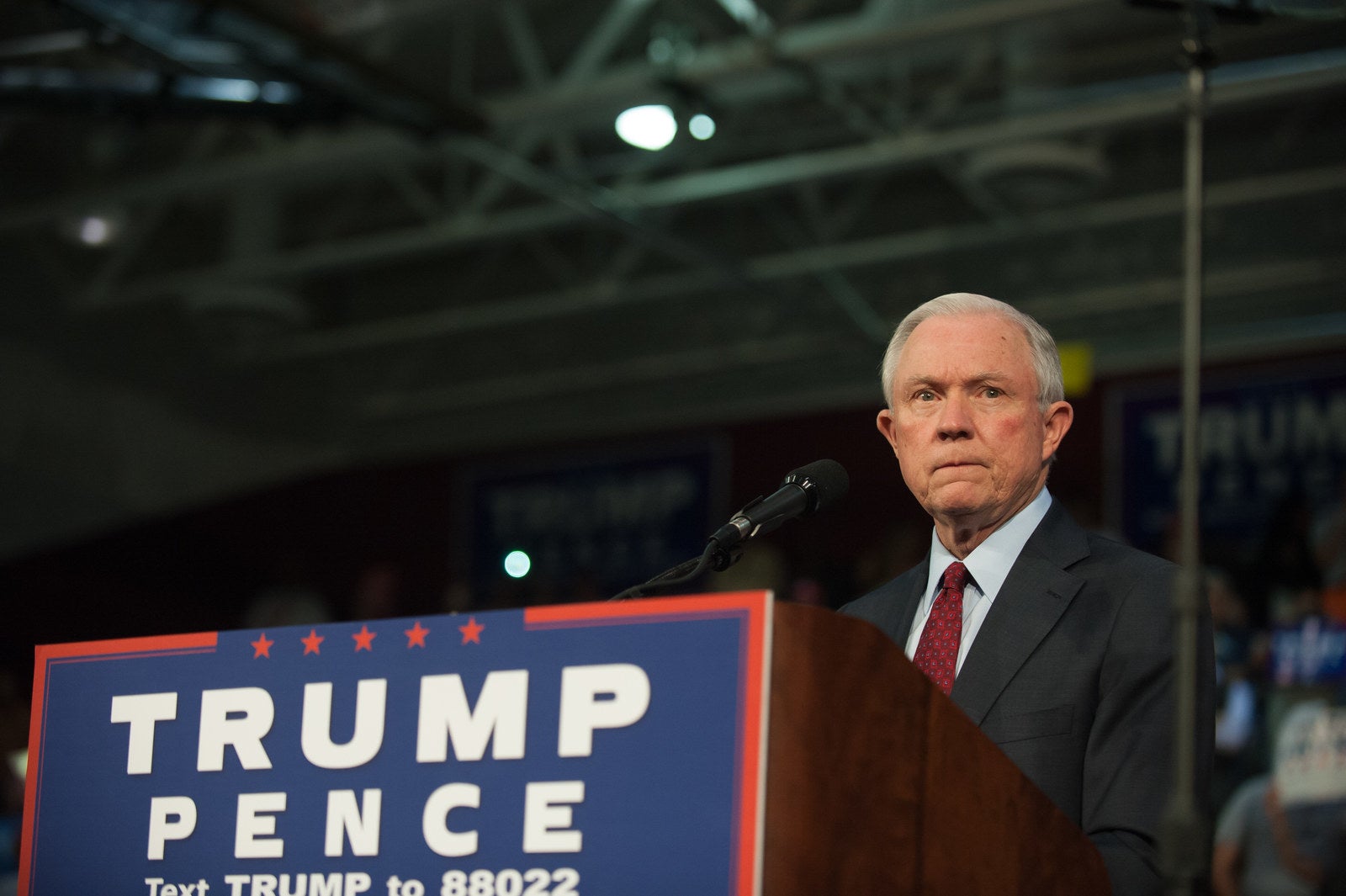NEW YORK — Donald Trump’s victory Tuesday is the new high-water mark for the populist nationalist movement sweeping Europe and the United States, but the tide is still rising.
The media and political elites missed the story on Donald Trump and the voters he rallied. His win over Hillary Clinton — which wasn’t foreseen in the polling leading up to the election — stunned his supporters and enemies alike.
But we should have seen something coming. Voters in the United Kingdom chose Brexit earlier this year. In France, polling has shown the National Front’s leader Marine Le Pen reaching the second round of the presidential election next year. In Austria, a member of the far-right Freedom Party of Austria stands a good chance of being elected president next month.
All over what was called in Cold War days the “First World," signs have been there. It took Donald Trump to deliver to political and media elites the bad news: The liberal world order is nearly over, and the age of populism is here.
Trump has increasingly seemed to be aware of his movement’s place among what the journalist Anne Applebaum calls the “Populist International.” He has repeatedly predicted that this election would yield “Brexit plus,” “Brexit times five,” and “beyond Brexit,” among other superlatives. He has explicitly framed Trumpism as a class-based movement, saying in recent speeches that the working class would “strike back” on Election Day. Trump’s astonishing break with Republican orthodoxy has from the beginning aligned him more with European far-right movements than with American conservatism. Trump wants to disentangle the United States from trade deals, crack down on immigration, and decrease America’s commitment to the Western alliance, empowering Russia. And his appeals to the white working class have been calibrated to ethnic concerns, whether via dog whistle or more overtly.

The man who brought a certain level of cohesion to Trump’s scattered worldview is Steve Bannon, the Breitbart chairman who became Trump’s campaign CEO over the summer. Trump’s victory cements Bannon’s position as the chief ideologue of the populist nationalist movement in the United States. Bannon fashioned Breitbart News into a home for an aggressive brand of right-wing populism, and he used the site as a weapon against establishment Republicans and so-called globalist elites. Bannon’s site has been viewed in mainstream circles as a sloppy, offensive irritant. But its influence is now undeniable. Bannon has been conscious of Breitbart’s role in a larger global movement, saying in 2014 “You’re seeing a global reaction to centralized government, right. Whether that government’s in Beijing or whether that government’s in Washington DC, or that government’s in Brussels. So we are the platform for the voice of that.” It is Steve Bannon’s world, and we just live in it.
Unlike in Europe, where populist movements have formed their own political parties and fielded candidates against establishment parties, Trumpism attacked from the outside to take over one of America’s two main parties. And the takeover was complete. In the end, though there were a few holdouts among elected Republican officials, the infrastructure of the party and most of its top brass fell in line behind Trump, lending their imprimatur to his movement.
At Trump’s jubilant victory party at the Midtown Hilton, surrogates hailed his win as a triumph for the working man.
“Thomas Jefferson in 1787 said that in order for liberty to endure, there would need to be revolutions periodically,” said Jerry Falwell Jr. the Liberty University president and son of Jerry Falwell who has ranked among Trump’s most devoted evangelical endorsers this election cycle. “I think what we’ve seen this year is a peaceful revolution by the American people by the common man to take the government back from the elitists and the establishment.”
“This election’s gonna be known as Trexit,” Falwell said.
Sen. Jeff Sessions, Trump’s first endorsement in the Senate who became a key adviser during the campaign, told reporters before the race had been called for Trump that Trump “has certainly taken an extraordinary route. He’s gone against the settled forces in the Republican mainstream and now he’s taken on the leader of the global Washington establishment, Hillary Clinton.”

“What you have to know is when these politicians say something, or some TV person does, they only have one vote,” Sessions said. “So the average guy that works at the automobile dealership, the barber, the beautician, he has the same vote.”
Trump’s campaign manager Kellyanne Conway spoke with reporters in the early hours of the morning after Trump’s event had wrapped up.
“This is an election for the people. It really is,” Conway said. “I think it showed the establishment, the elites, everybody who thinks they know how everybody else feels.”
The triumph of Trumpist populism has empowered the vanguard of the movement, including Bannon’s Breitbart, whose homepage in the early hours of Wednesday showed a pop-up ad that said “Together we walk towards the fire” and advertised a T-shirt with the word “History” emblazoned across the front.
And Trump’s win has also offered vindication for the rawest elements of nationalism, notably the alt-right, the online-based white nationalist movement that rode to prominence on his coattails. They are now the tip of the spear of the ascendant ethno-nationalism.
Reached by email on Wednesday, Richard Spencer, one of the figureheads of the alt-right, was thrilled.
“The Alt Right has been declared the winner,” Spencer said. “The Alt Right is more deeply connected to Trumpian populism than the ‘conservative movement.’ We're the establishment now.”
